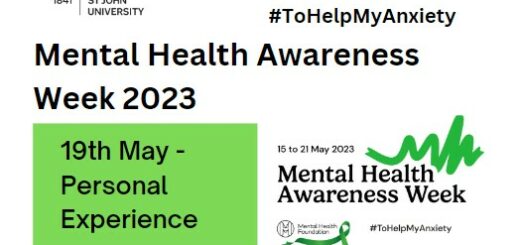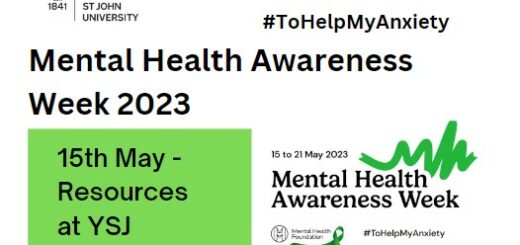Managing Your Wellbeing
As a postgraduate researcher (PGR), you have probably noticed the current narrative around mental health. Awareness of mental health is more visible than ever, so what better time to talk about it’s importance.
What does wellbeing mean to you?
Wellbeing is when you feel happy, content, present and proactive. There are many PGRs who don’t experience good mental health and/or wellbeing. When it comes to your research this should be enjoyable – yes, even through tedious corrections, mountains of books and gruelling drafts – this should be a joy!
Your research should be one part of your life and not your entire life.
EXERCISE 1
Take a moment and think about what well-being means to you?
Think about all of the things you do which bring you joy. Write these down and make a habit to do at least one of these things every day.
 List of happy things (image credit @breeeberry)
List of happy things (image credit @breeeberry)
Supporting your own wellbeing takes a conscious effort. You can create a deliberate action by consciously deciding to do something that makes you happy.
Peer Support
Do not underestimate the impact that your peers can have. Peers are a primary source of support. Your work may be unique to you but, you are in the journey together.
We often feel better around others, we also know there are times when we don’t want to be around others, and this is OK. Why not take the time to arrange regular meet-ups with your peer network?
Being part of the community enriches your experience, you don’t have to be on campus to be a part of the PGR community. Utilise our online platforms, via our PGR Teams community, our Virtual Graduate Centre, or join a social media group to keep in the loop.
Supporting Your Self
Life ebbs, flows and meanders around in such a way you can never quite predict how things will turn out. We learn lessons through our mistakes which help us to act appropriately in similar situations and build our resilience.
There will be times when you feel you’re not “good enough” or “not capable” to continue with your research. Thoughts like these can negatively impact on your wellbeing and often coincide with feelings of impostor syndrome.
By adopting positive thoughts in place of negative ones you are taking active steps to support your self. When you receive that draft covered with red pen this can be a strategy that is perhaps easier said than done.
EXERCISE 2
You might have received the feedback, scribbled with notes, underlines and comments. Think about how this situation makes you feel? The feelings are probably not very kind to yourself.
Now, think about a friend receiving the same feedback. Knowing how they would be feeling, how would you encourage them? What would you say?
Try using this approach for yourself. Looking at situations objectively and constructively can enable you to adopt a more positive outlook.
What is normal?
It is normal to feel stressed, this is important and healthy to – you guessed it – your wellbeing! Ask yourself two questions when you feel worried, stressed or low:
- What has helped me before?
- Who has helped me before?
This is where the things which make you happy come into play. Speak to friends, family, your supervisors or the Wellbeing Team.
What to do if self-care doesn’t seem to be working
If you feel your self-care hasn’t alleviated your stress or worry then you may be experiencing long-term stress, anxiety or depression. It is important to seek professional help. You can make an appointment with your GP or speak to the Wellbeing Team at the University.
Support available at York St John University
- Welfare Advisor Appointments
- The Wellbeing Team
- Short term counselling
- Mental Health support
- Health and Wellbeing
- Online self-help
- Coaching
- Mindfulness
- Psycho-educational workshops
- Big White Wall
- DSA funded support – ASD & MH Mentors
- Worried about a student webpages
- Report & Support
- All About Respect
- On campus health centre
- 24/7 Security (first aid)
- Chaplaincy
Three things to take away:
- Be kind to yourself and others
- Recognise that your research is only one aspect of your life
- Support your peers
This post has been adapted from a presentation by Nic Streatfield, Former Head of Student Services at York St John University, at the Postgraduate Research Supervisor Forum (PRSF) on Wednesday 13th November 2019.




